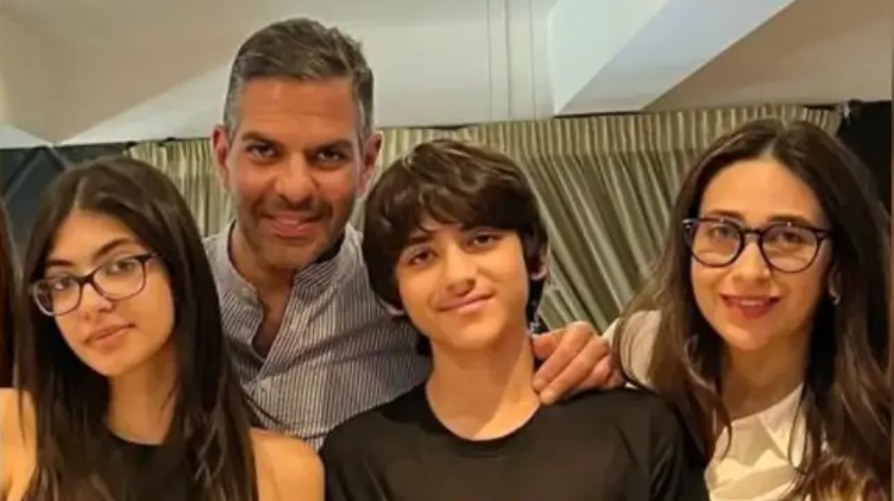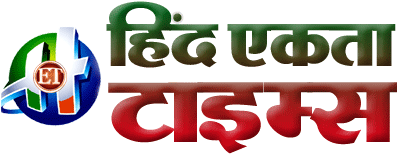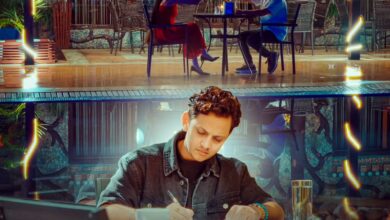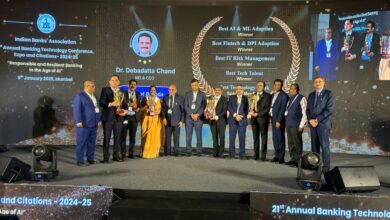Objection to Forensic Scrutiny of Will Deepens Mystery Around Sunjay Kapur’s Final Testament, Puts Spotlight on Priya Kapur in High-Value Estate Clash

Mumbai:The fight over late industrialist Sunjay Kapur’s sprawling estate worth thousands of crores has taken a sharper turn after the Delhi High Court questioned Priya Kapur and the contentious Will’s executor Shraddha Suri Marwah for objecting to Samaira and Kiaan Raj Kapur’s request for a forensic examination of Sunjay’s alleged final testament.The Will document and the Kapur scions’ application requesting the forensic inspection are currently with the Joint Registrar of Delhi High Court, Gagandeep Jindal.On November 11, Sunjay’s first two kids from his second wife Karisma Kapoor asked the court for permission to inspect the purported original Will produced by Sunjay’s widow Priya Kapur herself earlier in October, which they believe contains several irregularities.However, instead of allowing the forensic inspection, Priya Kapur opposed the request.Following this, the plea by Samaira and Kiaan was heard by the Joint Registrar again on November 17.Subsequently, the Joint Registrar has directed Priya Sachdev and Shraddha Suri Marwah to file a written reply with reasoning for the objection within three weeks. Meanwhile, Samaira and Kiaan’s counsels have been allowed to file any additional submission with regards to the matter during this period.
The matter Will be heard again on December 16.
During the recent hearing on November 14 , Samaira and Kiaan’s counsel Mahesh Jethmalani, questioned why Priya and Shraddha would object to the very scrutiny that could confirm the document’s authenticity. Legal experts say such resistance is unusual, especially when the Will in question hands almost the entire estate worth tens of thousands of crores to a single beneficiary.The children’s pleadings with regards to the forensic analysis of the Will may indicate several fresh red flags such as incorrect addresses, gender-reference errors, contradictions with earlier records and digital metadata that suggests the document may have been altered. Samaira and Kiaan also note that there are no known instructions, communications or drafts from Sunjay himself to support the content of the alleged Will, an absence that deepens concerns about whether he ever approved or even saw the document.The key question now driving the case is straightforward: If the Will is genuine, why resist a forensic examination that would only strengthen its credibility?



